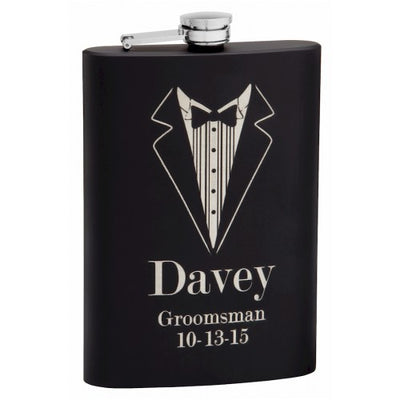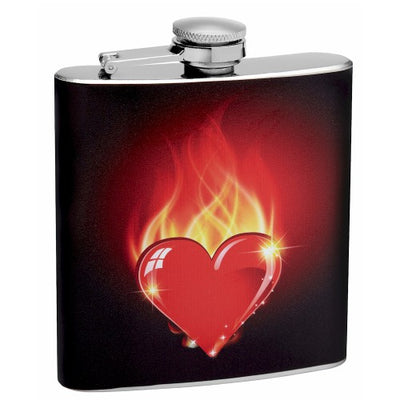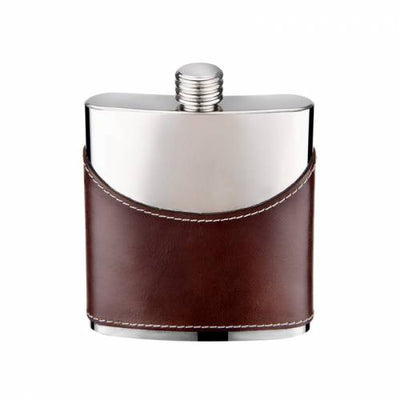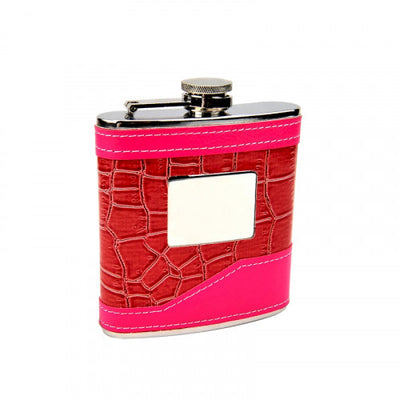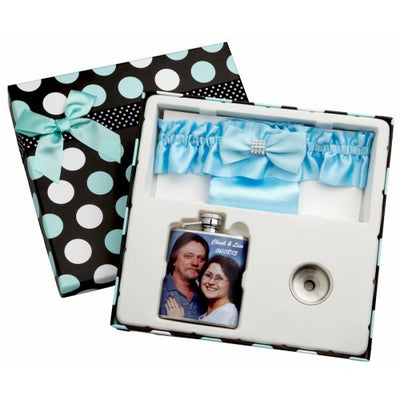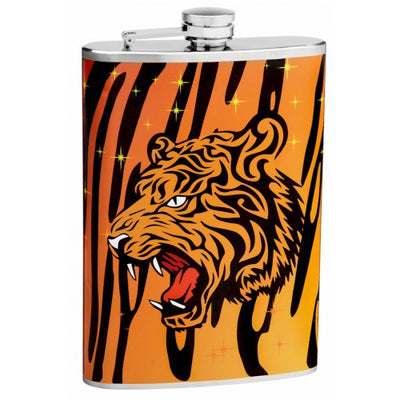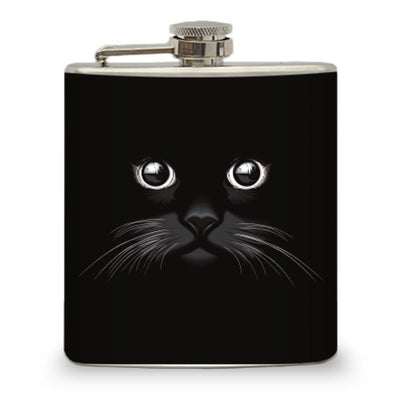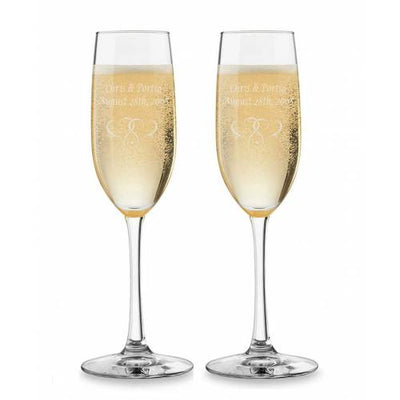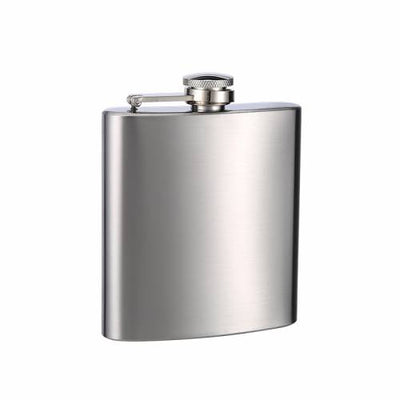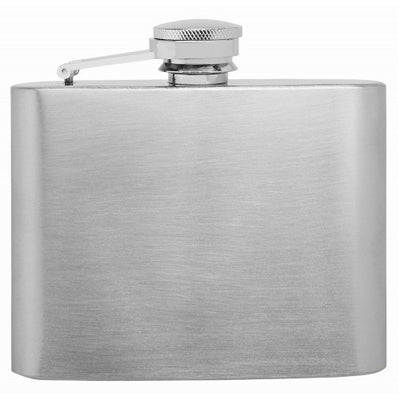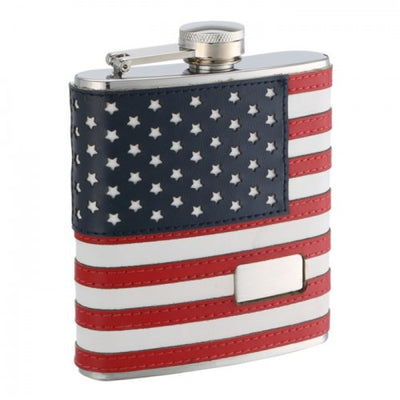[caption id="attachment_310" align="aligncenter" width="400"]
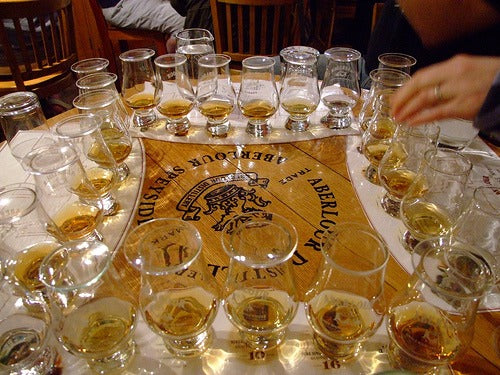 Photo Credit: Neil Wilkie[/caption]
Photo Credit: Neil Wilkie[/caption]There is a whole science to the making of whiskey, and the process takes a long time. If you visit a website of a big company, such as Jack Daniels, you can spend hours reading and learning about the fascinating ways in which whiskey is made, not to mention, the many types of whiskey that are created.
The earliest records of the distillation of alcohol are in Italy in the 13th century, and it spread to Ireland and Scotland in the 15th century. James IV of Scotland (r. 1488–1513) reportedly had a great liking for Scotch whiskey, and in 1506 the town of Dundee purchased a large amount of Scottish whiskey from the Guild of Surgeon Barbers, which held the monopoly on production at that time.
The distillation process of whiskey was still in its infancy back then; and whisky itself was not allowed to age, so as a result, it tasted very raw and brutal compared to today’s delicious, smooth versions. The whiskey of the Renaissance-era was also very potent and not diluted. Over time whisky evolved into a much smoother, more enjoyable drink.
[caption id="attachment_306" align="alignright" width="500"]
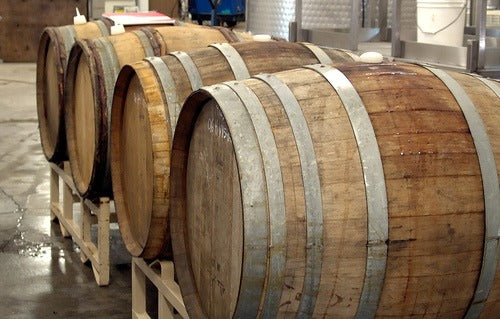 Photo Credit: Marie Richie[/caption]
Photo Credit: Marie Richie[/caption]Whiskey aged in oak barrels absorbs substances from the wood itself. Cis-3-methyl-4-octanolide, also known as the "whisky lactone" or "quercus lactone," is one of these substances. This "whiskey lactone" compound is known to have a pungent coconut fragrance and is characteristic of most high quality whiskey barrels.
The "age" of a whiskey is only the time between distillation and bottling. This aging process reflects how much the cask or barrel has interacted with the whiskey, changing the chemical makeup and taste of the finished product. Whiskey does not mature or age, in the bottle. And...in the flask, it is sure to be gone in no time!


